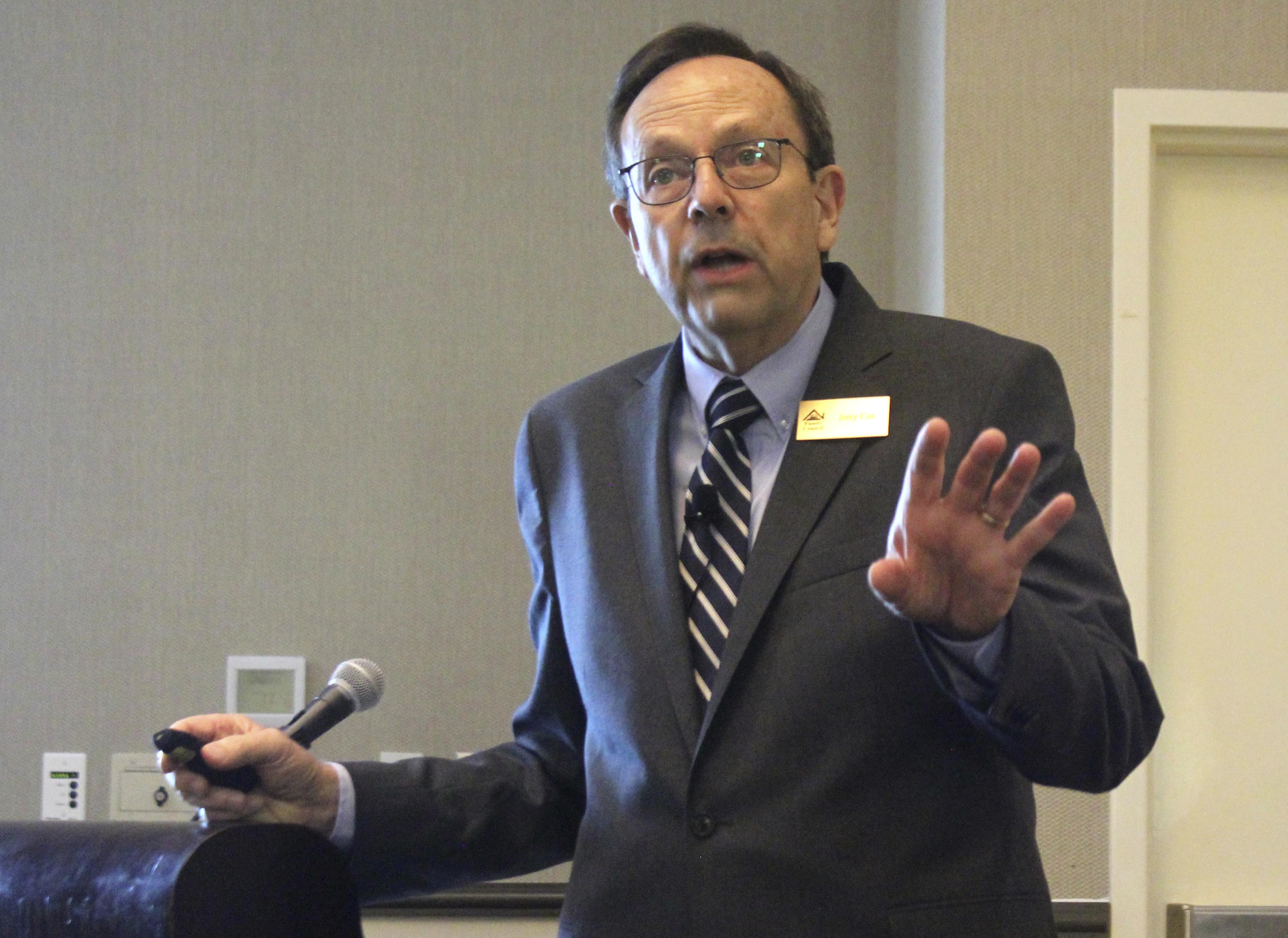Arkansas Religious Leaders Pray State Officials Will Slow Casino Regulatory Process
Posted on: February 18, 2019, 11:58h.
Last updated on: February 18, 2019, 11:58h.
Arkansas religious leaders and critics to the state’s recent authorization of gaming expansion are requesting that the Racing Commission be deliberate in arriving at their regulatory conditions that will govern the four casinos.

Faith-based Family Council President Jerry Cox, Rev. Stephen Copley, and attorney Scott Trotter – who represents Ensuring Arkansas’ Future, a group that opposed the casino ballot referendum last year – gave the state Racing Commission a review of its proposed rules conducted by Drake University gaming law professor Keith C. Miller.
“I was interested in how the Racing Commission was going to go about trying to handle the enforcement and administration of the casinos. It is no question that they are woefully understaffed in order to ultimately do the job,” Trotter explained to the Arkansas Democrat-Gazette.
Last November, Arkansans backed a ballot referendum to amend the state constitution and permit four full-fledged commercial casinos. The approved question allows the Southland and Oaklawn racinos to transition into full casinos, and earmarks a casino venue each for Jefferson and Pope counties.
Professor Concerns
The Arkansas Racing Commission has proposed casino regulations for the four venues. The draft document runs 318 pages in length.
According to the Democrat-Gazette, the Family Council and Ensuring Arkansas’ Future paid Miller $7,625 to review the regulatory text. The gaming law expert raised numerous trepidations with its current form.
I focus on issues that affect consumers and players and that balance the state’s desire to establish a regulatory system that creates casino tax revenue while minimizing the harm that can sometimes be produced by gambling,” Miller detailed.
Among Miller’s worries is the Commission’s belief that casinos should be permitted to extend credit to gamblers on day one. “Credit provides an opportunity for gamblers to lose more than they can truly afford,” he said.
Miller believes the casinos should be limited to the number of ATMs that can be placed on or near the gaming floor. His concerns predominantly deal with establishing adequate safeguards to prevent problem gambling. He concludes that the draft gives “far too little attention” to addiction.
State Tax Revenue
Now authorized with both slot machines and table games, Oaklawn and Southland have already announced respective $100 million and $250 million expansion projects.
Oaklawn plans to have its new casino in operation in January 2020. Southland hopes to have its expanded gaming floor up and running that fall.
The Quapaw Tribe of Oklahoma has been selected by officials in Jefferson to build and operate the casino. The Native American group has historical ties to the region, and presently operates two casinos in Oklahoma. The Cherokee Nation of Oklahoma is expected to receive approval in Pope County.
The Arkansas Department of Finance and Administration recently issued new tax revenue projections for the four casinos. In fiscal year 2020, the state expects to receive $31.2 million from the venues. That number will balloon to $74.4 million by 2028.
Gross gaming revenue will be taxed at a rate ranging from 13 percent to 20 percent depending on each property’s total win. Arkansas Governor Asa Hutchinson (R) announced a plan last week to use some of the funds to help repair state roads.
No comments yet